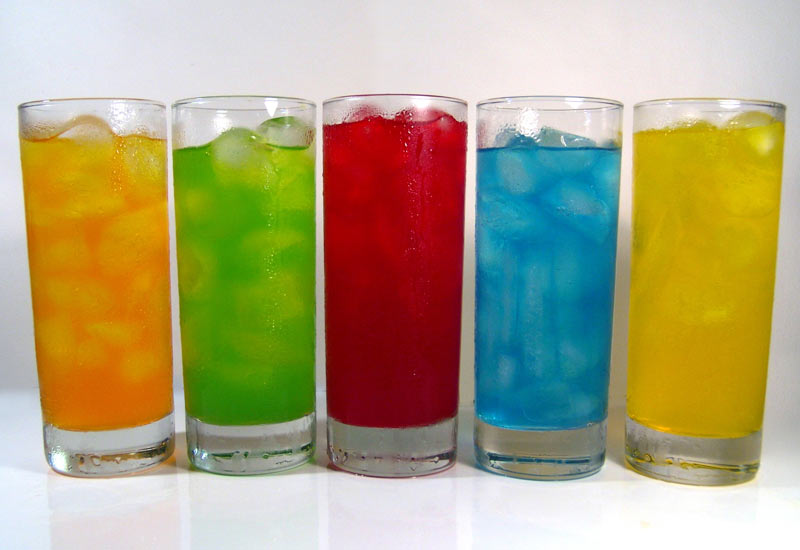Beverage monopolies
While the region’s non-alcoholic beverage industry has witnessed many improvements and growth over the last few years, some markets remain stagnated by slow business practices and a lack of imagination — as noted by The Diplomat Radisson Blu Hotel Residence and Spa, Bahrain’s director of food and beverage, Igor Ruge.
“In Bahrain, we have a few suppliers and each supplier has its own brands; in this respect they are holding a monopoly over their brands,” he commented.
“Take mineral water for example; each brand is linked to a certain supplier, so it becomes a ‘take it or leave it’ situation ― the point is that the supplier dictates the price you have to sell drinks at.”
According to Ruge, another challenge stems from competing with individual outlets.
“As a hotel, we calculate our prices differently to stand-alone restaurants and as a result we can lose potential clients, as we are calculating completely different margins,” he said.
“Stand-alone restaurants can serve beverages cheaper than us, and this is where we face a major challenge.”
Ruge added that while the beverage market had grown dramatically for both suppliers and outlets, a conservative approach to business was hurting its development.
“Here in the Middle East you don’t have freedom of choice,” he asserted. “In Bahrain you face monopolies over brands and also a conservative approach.
“In order to resolve this we need to break the monopolies — we need more than one supplier for certain beverages.”
Despite this “conservative approach”, Ruge added that the industry was moving in the right direction, with a greater selection of products such as mineral waters thanks to customers no longer sticking with classic brands.

Advertisement
Fruitful opportunities
Monin’s Dronet noted that the non-alcoholic beverage industry was being led through the economic downturn by specialised products such as smoothies and luxury juices.
“Smoothies are currently a high driver of sales,” said Dronet. “The consumer loves them because they are perceived as healthy and as a great complement to fruits.”
Kempinski’s Milovanovic agreed that smoothies have a bright future in the region, but added that the trend had taken its time reaching Middle Eastern outlets.
“Dubai and the wider region is still catching up with other markets; look at the US beverage market five years ago when smoothies were popular for instance.
“Now, unfortunately, other markets are now looking and learning from Dubai,” he continued. “If we had learnt from other people’s experiences, we could have avoided some of the mistakes we made in the past,” he said.
But Nestlé’s Aouad maintained that the region’s beverage industry was performing strongly even before the economic downturn and that it remained full of opportunities.
“The beverage industry is by nature very competitive,” said Aouad.
“Providing we do our homework properly and understand the shift in consumption that happened across channels due to the downturn, there are always growth opportunities across all markets in the Middle East.”









 Search our database of more than 2,700 industry companies
Search our database of more than 2,700 industry companies









